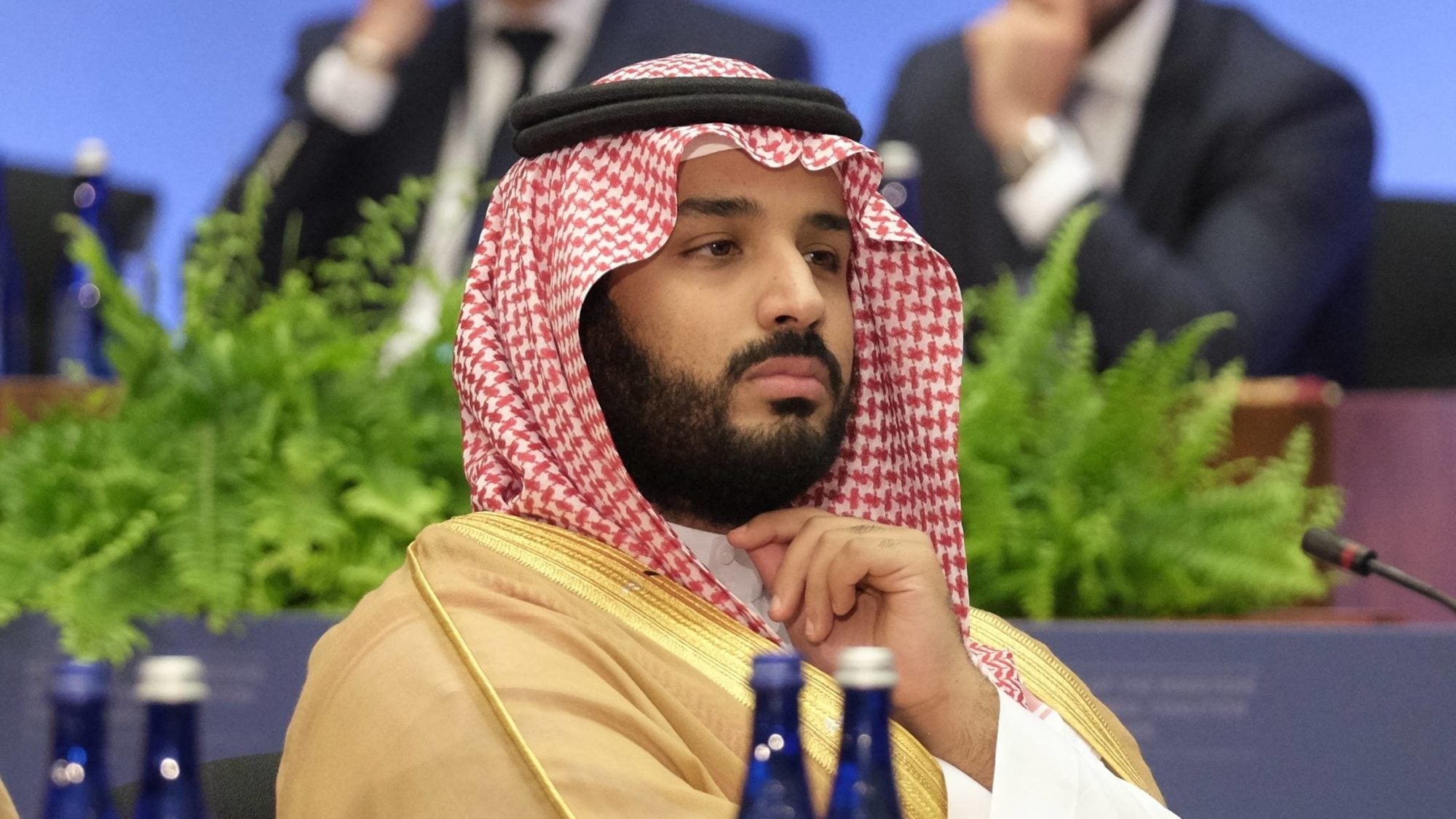
Title: Dreaming of a New Crown Prince? Dream On.
Unless Crown Prince Mohammed bin Salman is found to have personally ordered Khashoggi’s execution, his position is secure.
If it turns out Crown Prince Mohammed bin Salman (MBS) had a hand in the murder of Jamal Khashoggi, Arabian experts could be forgiven for predicting that he will be replaced. After all, the Kingdom of Saudi Arabia has replaced crown princes before, and with less justification. In fact, MBS replaced former Crown Prince Muhammad bin Nayef just last year, and Muhammad bin Nayef replaced former Crown Prince Muqrin two years before that. Of the six crown princes before MBS, only two have become king. The difference now is that the crown prince, for the first time since King Abdulaziz, is not a half-brother of the ruling king, but his son. This dynamic changes everything. It even explains Khashoggi’s murder.
Recent history suggests Saudi Arabian kings change crown princes as often as they change wives. However, this was not always the case. Between 1933 and 2005, every crown prince – with one exception – became king. They were all the sons of Abdulaziz, the unifier of the Arab peninsula. By passing the crown from half-brother to half-brother, and effectively the Saudi factions these half-brothers represented, the kingdom ensured mostly peaceful transitions. A Saudi prince, passed over for his septuagenarian half-brother, took solace in being made crown prince or deputy crown prince and knowing his time would come. Now, eighty-five years after the first half-brother became crown prince, the kingdom has run out of them. Salman will be the last son of Abdulaziz to rule the kingdom. When he abdicates, to the dismay of all other Saudi factions, he will place his progeny in a position to rule Saudi Arabia for the next eighty-five years.
In fact, no one understands the gravity of this transition better than MBS. In the same way that his grandfather coerced, cajoled, and co-opted other tribes to his rule, so too must MBS consolidate power under his. A successful transition of this power to the next generation is Saudi Arabia’s most pressing issue. To MBS, it’s more important than terrorism, Yemen, Iran, economics, international relations, or human rights. When seen through the prism of transition, MBS’s rationale in marginalizing other members of the royal family, consolidating the security services under his command, severing relations with Qatar, and attacking members of the press becomes clear. These are not the acts of an impetuous naif, but of a man who would be king.
In the wake of Khashoggi’s murder, many have called for MBS’s dismissal as crown prince. Senator Lindsey Graham said MBS has “got to go,” and that “there are a lot of good people” who could replace him. In reality, there are no other legitimate candidates for the position. From 1967 to 2017, every crown prince previously held the title of deputy crown prince (a position formerly known as second deputy prime minister until 2014). When MBS rose from the position of deputy crown prince to crown prince in 2017, he and current King Salman left the position of deputy crown prince vacant. This decision purposely left no second-in-line to the throne, no break-glass-in-case-of-emergency prince to call upon if MBS faltered. If the other royals attempted a coup, replicating MBS’s consolidation of power would surely fail; and none of Salman’s other sons have the background to suggest they could become king.
In addition to having no feasible replacement, MBS appears to enjoy popular support at home. According to the Arab Youth Survey 2018, over 90% of Saudi Arabian young adults support his appointment as crown prince, believe he will take Saudi Arabia in the “right” direction, and believe he is a strong leader. They overwhelmingly support his anti-corruption campaign and Saudi Vision 2030 —MBS’s roadmap for transforming the Saudi economy. When coupled with a lack of challengers, MBS’s strong domestic support makes his ascension to the throne assured.
Given the certainty of MBS’s eventual coronation, it is folly to demand King Salman, his father, replace him. Worse, an MBS ouster, however unlikely, could lead to unforeseen turmoil within the Arab peninsula that is not in the United States’ interest. Rather, the United States can and should demand that Saudi Arabia adopt policies that advance U.S. interests and promote freedom of the press and human rights. The United States should demand that Saudi Arabia reconcile with Qatar and grant outside news agencies, including Al Jazeera, greater access to the kingdom. While MBS will likely never pay for Jamal Khashoggi’s death, his death will not be in vain if it changes the kingdom in ways Khashoggi himself fought for.
. . .
David Coghlan (SSP ’06) is a retired Navy Intelligence Officer and former faculty member in the M.S. in Strategic Intelligence Program at National Intelligence University. He has over three decades of intelligence and defense experience, most recently as an intelligence policy expert in the Office of the Under Secretary of Defense for Intelligence.